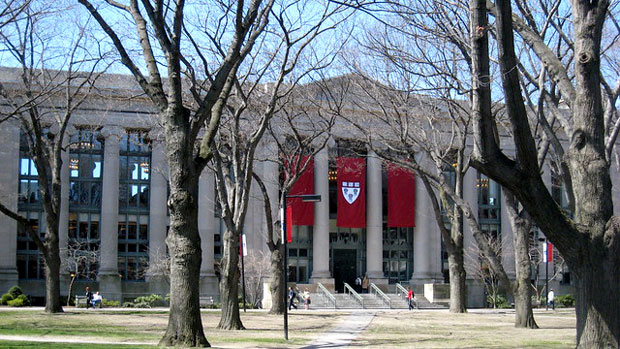
Source: The Atlantic
It can be said that in most other countries, legacy admissions are not really a “thing” anymore, yet elite universities in the U.S. continue to admit students who have siblings or parents who attended the same university before them.
The Atlantic reports that some of the reasons that universities argue for the admissions boost for legacy students is that it helps the institution to secure donations from the family for years to come. Administrators believe parents are more likely to keep donating if they have a continued tie to the school. Yet data has shown that this is not necessarily true. In fact, at Yale University admissions for legacy students decreased over three decades and actually ended up boosting its endowment from $2 billion to $16 billion by 2010, according to data.
Legacy preferences have nevertheless been maintained for several other reasons, including that universities use it as a way to create the feeling of community and network by having generations of alumni connected with one another. Or, experts think, universities are also not making moves to remove the admissions perk because alumni would retaliate.
Though it is unclear whether the strategy has significantly helped universities, it is a widespread practice that continues across many top tier institutions.
Read Full Story: The Atlantic
